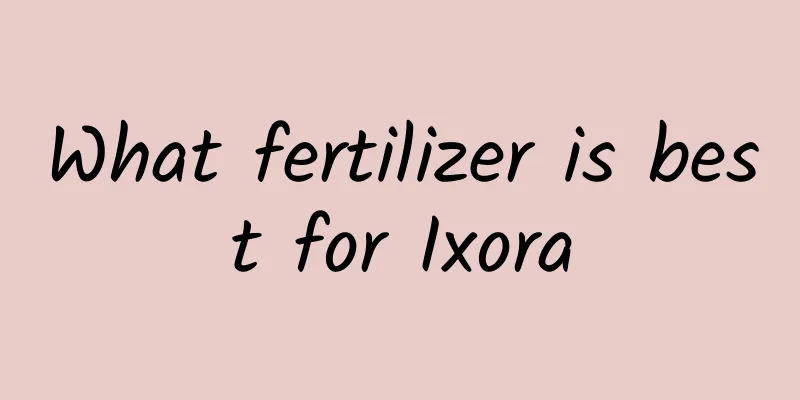Basil cultivation methods and precautions

Pot soil selectionBasil is a deep-rooted plant, and its roots can penetrate 50 to 100 centimeters into the soil. Therefore, it is advisable to choose well-drained, fertile and loose sandy loam, and apply sufficient base fertilizer before planting. In home cultivation, it is best to choose a flowerpot that is both deep and wide, so as to meet the root depth requirements of basil. Seedling selection and germinationDue to the short frost-free period, open-field cultivation production requires seedlings to be grown in a greenhouse or shed in order to harvest seeds. If you just want to eat the tender stems and leaves, you can grow seedlings or sow directly. The seedling period is generally in mid-to-late April. Put the seeds in a gauze bag, shake off the water, cover it with a wet towel or gauze to keep it warm and moist, and place it at about 25℃ for germination. During the germination process, rinse with clean water once a day and control the seeds. If the amount of seeds is large, turn them over 1 to 2 times a day to ensure a balanced temperature and uniform germination. The temperature can be slightly higher in the early stage of germination to promote germination. When the sprouts are about to emerge (the seeds are about to open), the temperature should be reduced by 3 to 5°C to make the sprouts thick and neat. After all the buds have emerged, if there is special weather, the buds can be moved to a place with a temperature of 5 to 10℃ to control their growth and wait for sowing. Planting timeThe sowing time is March to April in the south and late April to May in the north. The sowing should be done in the morning on a sunny day. Put the nutrient soil into the sowing tray, irrigate it with hot or warm water, and after the water seeps in, sprinkle a layer of medicinal soil. Evenly sow the germinated seeds in the tray, cover them with 1 cm thick medicinal soil, and cover with plastic film to keep warm and moist. After transplanting, water thoroughly to ensure that the soil in the pot is moist. PrecautionsSome flower lovers have larger balconies or flower beds and will plant a lot of basil. At this time, we must pay attention to the maintenance and management of the seedlings. Thinning and replanting should be carried out when the seedlings are 6 to 10 cm tall. Generally, weeding is done twice, the first time is 10 to 20 days after emergence, when the topsoil is shallowly hoeed. The second time is from early May to early June. When weeding, you can turn the soil over to keep it loose. The seedlings are afraid of drought, so pay attention to watering in time. For flower lovers who grow flowers in flower beds, you can apply some chicken manure water to maintain nutrient supply. |
<<: Can green radish be placed in the bedroom?
Recommend
What kind of soil is suitable for planting osmanthus
Osmanthus soil Osmanthus likes acidic soil. It is...
Is the golden diamond flower suitable for indoor cultivation? How to raise it?
The golden diamond flower is a perennial evergree...
Do forget-me-nots prefer shade or sun?
Do forget-me-nots prefer shade or sun? Forget-me-...
Characteristics of Aloe Vera
1. Appearance characteristics 1. Its roots are fi...
How to raise Psoralea corylifolia in summer
Ji Longyue's Summer: Illumination The Moonflo...
Plum growth environment conditions and characteristics
Plum Growth Environmental Conditions and Requirem...
What to do if the calla lily becomes soft and falls over
1. Supplementary lighting Reason: Calla lily beco...
Advantages and Disadvantages of Cepheus Rose
Cepheus, a French rose, was released in 2012. It ...
What is the best month to plant irises?
When to plant irises Iris is generally propagated...
Feeding Tips for Broilers in Winter
In winter, broiler chickens are prone to many dis...
How to prune blueberries? Pruning time and technique
Blueberry pruning time Blueberries can be pruned ...
What should I do if the roots of my green radish are rotten? Is it okay not to repot it?
1. Solution 1. Cut off rotten roots: Root rot is ...
How to grow Kalanchoe? Is it poisonous to grow it indoors?
1. Breeding methods 1. Temperature: The most suit...
How and when to grow asparagus
Asparagus is a perennial plant and once mature, i...
What to do if the roots of hydroponic Anthurium rot
The growth of hydroponic plants is often not as s...









